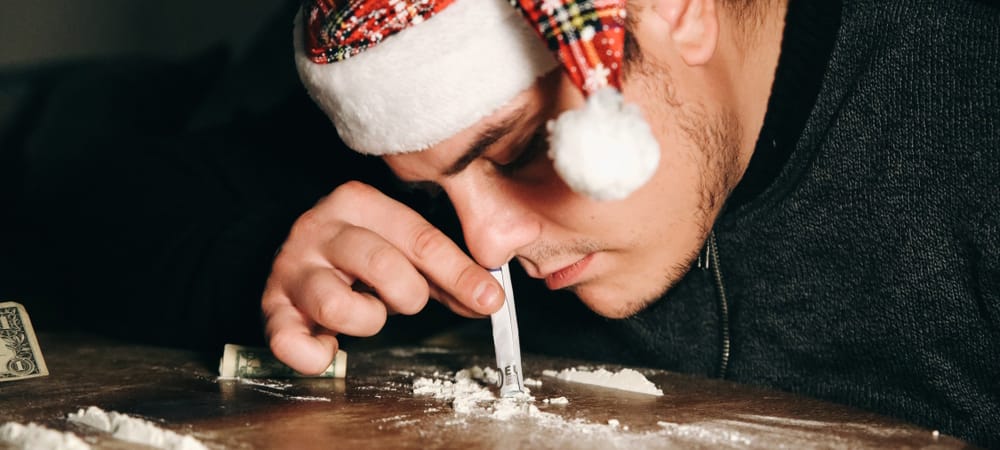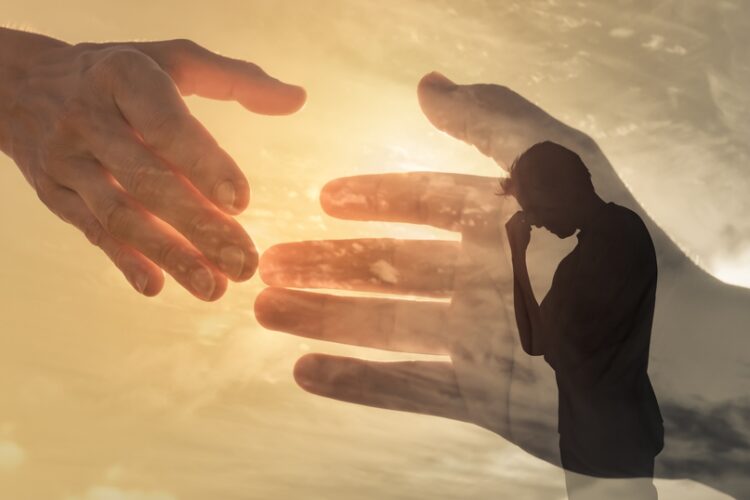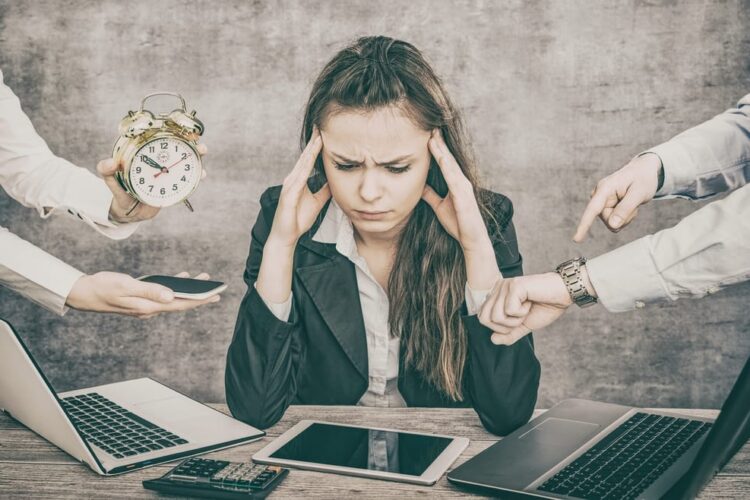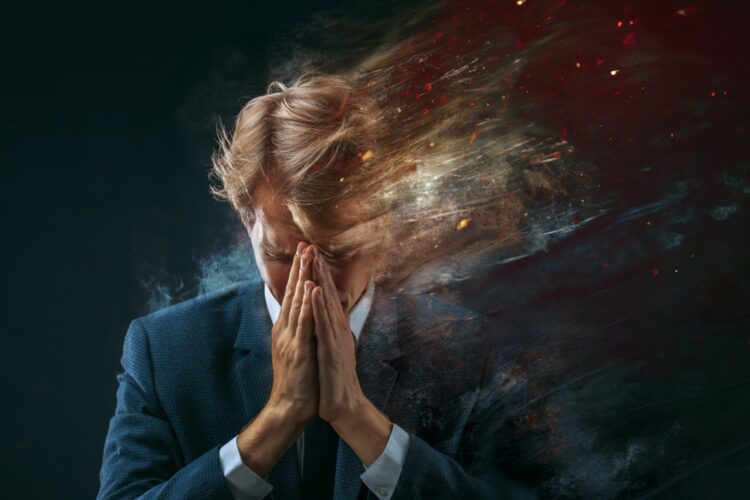
What are “the Holiday Blues”?
For many the festive season is perceived as a period of joy. Lots of entertainment, excitement, parties, and general good cheer. But for some individuals it can be a time of sadness, isolation, painful or traumatic memories, illness, depression and anxiety.
It is a time of great expectations, which are not always easy to meet. There can be financial pressure over providing gifts. This can be especially difficult on parents, who want their children to have the latest gadget, the newest pair of trainers, or whatever it is all their friends are getting, (and it is not unheard of for this to change at the very last minute either, causing further strain, mentally or financially).

Emotionally it can be difficult. Frequently the expectation of a picture-perfect family Christmas gathering, is in reality, more like a bunch of people who don’t always get along, thrown together for two (or more) days of excessive eating and drinking, frequently ending with squabbles, arguments, or even violence.
People who struggle with symptoms including melancholy, fatigue, tension, and dissatisfaction during this period are often labelled as experiencing the “the Holiday blues”.

What are the “Holiday Blues?”
The Holiday blues are generally characterised by sadness, lethargy, lack of energy, hopelessness, loneliness, frustration, and a sense of being overwhelmed. They can usually be related to specific situations, our emotions, and the way we are thinking.
This can particularly affect those individuals already struggling with mental health problems, anyone who is alone or on their own, those who have lost or are missing a loved one, people who have a history of trauma or abuse, or those whose past celebrations have been less than desirable or potentially catastrophic.
Even those who look forward to Christmas, the new year, and all the fun that comes with it; can experience melancholy. Research by the American Psychological Society estimated that almost 40% of people will struggle with increased stress during the holiday season.

The holiday blues are temporary, often these feelings and emotions can be eased by taking some action and making a few changes in one’s mindset and routine.
- Getting out into the fresh air, resist the urge to stay cooped up inside and get as much vitamin D as possible.
- Meeting friends and socialising, it keeps us connected and stops feelings of loneliness.
- Doing some exercise, even a gentle stroll gets our bodies moving and improves sleep.
- Eating healthily. Avoid sugary snacks and junk food and go for fresh vegetables and plenty of pulses and grains.
- Be gentle on yourself, don’t beat yourself up if you are finding it difficult to fulfil all those grand plans – set a realistic goal and achieve it in a sensible timeframe.
Post-holiday blues.
For some, the holiday blues will hit at the end of the festive season, and for this reason are called post-holiday or the January blues and refer to feelings of sadness or disappointment once the partying has finished.
Some common reasons.
- The return to normality after the holidays – work, school, responsibilities.
- The absence of loved ones as they return to their own homes or lives.
- Fear around financial insecurity from overspending.
- Weight gain, or a general feeling of sluggishness due to over excess.
- The frequently cold, wet, or dismal weather.

During the excitement, parties, and all the planning that goes into the holidays, it has been easy to ignore that the days are shorter, and the cold and damp has crept in. Now however it is abundantly clear, winter is here, and spring is still quite some time away. January is also traditionally the time when we will need to account for the excessiveness over the festive season, whether that is by looking at our bank balance or the bathroom scales.
Again, for most people these feelings will pass, and can be somewhat alleviated by a healthy diet, plenty of rest, connecting with friends and loved ones, and being kind to ourselves.
However, whilst most of us will probably feel a little low at some point during the long winter months, for some it is more than just feeling out of sorts. Seasonal affective disorder (SAD) is a form of depression that affects up to 3% of the UK population at some point in their lifetime, and approximately 10 million Americans every year.
A simple click helps…
THE PATH TO RECOVERY STARTS WITH A SMALL FIRST STEP.
Request a callback!
Seasonal affective disorder (SAD).
Seasonal affective disorder (SAD) is a type of recurrent major depression which is related to the change in seasons. Most people with SAD will start to feel its effects during the autumn and suffer most keenly through the winter months.
Symptoms can include an increase in sleeping, overeating, isolating, and an overall lack of energy. It has been linked to the reduction in the number of daylight hours during these months, though this has not been proved conclusively.

It is worth noting that some individuals do experience seasonal depression during the spring and summer, with their symptoms – more likely to be insomnia, weight loss, restlessness, or anxiety.
SAD is classed as a seasonal pattern mood disorder and is diagnosed in those individuals who have experienced indicators for at least two years, during a specific time of year.
Depressive disorders.
Seasonal affective disorder is one type of recurrent major depression, there are many other types of depression including – major depressive, psychotic, bipolar, post-natal and post-partum, persistent depressive, and atypical depression.
Symptoms range from relatively minor to severe. It can hit indiscriminately and has a negative influence in all areas of a sufferer’s life, work, relationships, and physical wellbeing.

Indicators of a major depressive disorder –
- Extreme or extended feelings of sadness, feeling tearful.
- A decline in interest with life, no enthusiasm for hobbies.
- Feelings of hopelessness and helplessness, emptiness, or guilt.
- Loss or gain in weight, changes in appetite or eating habits.
- Changes in sleeping; too much or too little, and insomnia.
- Withdrawing from family, friends, loved ones and social situations.
- Feeling more than usually irritable or angry.
- Thoughts of harming oneself or suicide.

This list is not exhaustive, and depression does affect everyone differently. Medical experts suggest if you experience one or more indicators, for longer than two weeks, then it is worth getting it checked by a doctor or clinician as it could be a sign of an underlying condition.
Anxiety disorders.
Similarly, another type of mood disorder that can be heightened during periods of stress, such as the holiday season, is anxiety. It is estimated that 284 million people worldwide suffer with an anxiety disorder, that is approximately 4% of the global population.
It is normal to feel anxious at times, it is the body’s natural reaction to imminent danger and stressful situations. Maybe when you have a test coming up or you are starting a new job, you feel a little nauseous, or get a bit sweaty and shaky. This is the body’s autonomic nervous system reacting to stress and producing your fight-or-flight response, which is specifically designed to help you defend yourself or run away from danger.

But imagine feeling like that constantly? Having an anxiety disorder is described as being persistently worried, stressed, and fearful, to the point that it interferes with daily life.
Types and symptoms of anxiety
There are several types of anxiety disorders, including, generalised anxiety, social anxiety, panic disorders, separation anxiety and phobias.
Common signs and symptoms of anxiety disorders include:
- Repeatedly feeling on “edge”, a sense of impending doom, or dread.
- Restlessness, irritability, and difficulty concentrating.
- Panic attacks, tightness in the chest, shortness of breath, trembling.
- Isolating from others, withdrawing into a shell.
- Excessively sweating, dry mouth, headaches, dizziness, chest pains or palpitations.
- Obsessive thoughts, introspection, or rumination.
- Tiredness and fatigue. Trouble getting to and staying asleep, insomnia.
- Stomach-ache, nausea, changes in appetite.
If you have any of these, for more days than not, over the period of several months; or persistent worry is causing you distress, then you should see a doctor or your GP.
A simple click helps…
THE PATH TO RECOVERY STARTS WITH A SMALL FIRST STEP.
Request a callback!
Substance use disorders.
People use alcohol and drugs for a variety of reasons, to celebrate and to commiserate. Many people struggling with their mental health, an undiagnosed condition, short or long-term stress, or anxiety during a particular period or event, will turn to alcohol, drugs, and prescription medication, as a coping mechanism. However, the use of any substance is open to abuse.
The regular use of substances to alleviate symptoms of mental health conditions and unaddressed emotional pain is sometimes described as self-medicating. The term refers to a patient trying to cure (or fix) an issue, without being under the care of a licensed medical professional.

Individuals use the comfort of their chosen substance to cope with feelings, such as loneliness, rejection, hopelessness – and any other difficult or painful emotion. Once the high wears off, the individual is left with the original unresolved pain, frequently intensified by guilt, shame, and regret, so they will use again to numb the feelings – thus leading them further into a vicious cycle of substance abuse.
Unfortunately, the use of a substance, whatever it may be, is just a temporary fix which can leave the user struggling with additional complications – poor health, depleted finances, and damaged relationships. Any long term and excessive use of a substance can also result in dependency and addiction.

Mental health and addiction rehab clinic in Spain.
Our luxury residential rehab centre is set on the beautiful Spanish island of Ibiza. We have a team of highly qualified staff that are experienced in a range of therapies to assist with the treatment of mental health conditions including alcoholism, substance and process addiction, depression, and anxiety.
We offer transcranial magnetic stimulation (TMS) on-site as a part of our wider treatment program. TMS is a non-invasive form of brain stimulation therapy that has proved highly effective in the treatment of disorders such as SAD, bipolar, major depressive and general anxiety.
For information on all the treatments and therapies available here at our rehab centre in Spain, and details on admissions contact [email protected]
Share this information, choose your platform!
Why building support systems is key in mental health and addiction recovery.
The phrase, and belief, that “the opposite of addiction is connection,” has been expressed in fellowship meetings, support groups, and encouraged by mental health and addiction specialists for many years. British journalist Johann Hari popularised the saying and highlighted the …
Is your job affecting your mental health?
Here are 6 signs that your job could be toxic: 1. You don’t want to get up in the morning. You hate going into the office. 2. You don’t have any work/life balance. You feel that you must respond to work …
April is Stress Awareness Month
Coping with stress and finding healthy ways to deal with tricky or demanding situations is vital for living a happy and productive life. Raising awareness and encouraging support, amongst friends, colleagues and in the community is a huge step towards …
Is alcohol a drug?
Alcohol is the intoxicating component in wine, beer, and spirits like vodka and whiskey. Yes, it is a drug. It is a psychoactive substance which means it affects the way the brain works, triggering changes in mood, perception, thoughts, feelings, …









